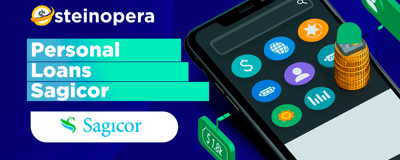Personal Loans vs. Credit Cards: What You Need to Know Before Deciding

In today’s financial landscape, choosing the right method of borrowing can be significantly impactful. Personal loans and credit cards are two popular options, each offering distinct advantages and disadvantages tailored to different financial needs.
This article delves into both personal loans and credit cards, examining their characteristics, pros and cons, and various factors to consider when making a decision.
Personal Loans
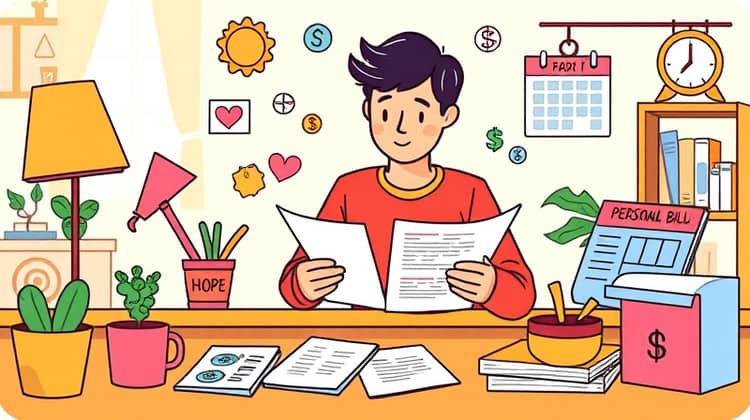
Personal loans are a type of installment loan where a borrower receives a lump sum of money upfront to be repaid over a specific period, usually with fixed monthly payments.
Characteristics
Typically, personal loans are unsecured, meaning they do not require collateral, though there are secured options available that can provide lower interest rates.
- Fixed interest rates
- Repayment terms from 1 to 7 years
- Higher borrowing limits (ranging from $1,000 to $100,000)
- Monthly installments that help with budgeting
These characteristics make personal loans attractive for people looking to fund significant expenses, such as medical bills or home renovations, with predictable payment plans.
Pros and Cons
While personal loans offer distinct advantages, they also come with some drawbacks that potential borrowers should be aware of.
- Pros: Lower interest rates compared to credit cards
- Fixed monthly payments make budgeting easier
- Can be used for various purposes especially for larger expenses
- May improve credit score if payments are made on time
Cons: Requires good credit for the best rates
Less flexibility compared to credit cards
Potentially longer application processes and approval times
May have origination fees that can add to the cost.
Credit Cards
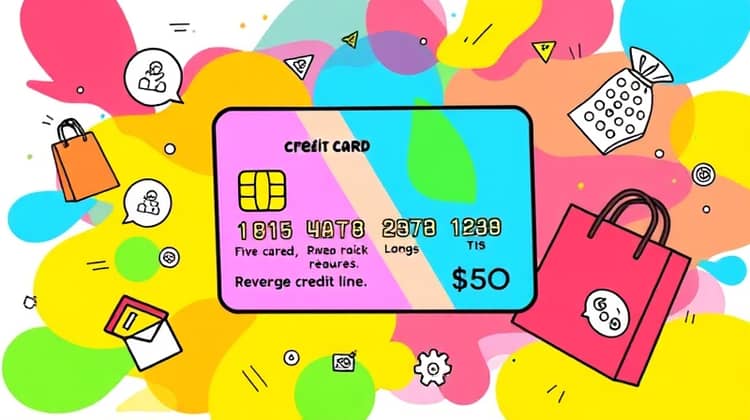
Credit cards are a revolving line of credit that allows users to borrow funds up to a pre-approved limit for purchases or cash advances.
Characteristics
Credit cards come with varying interest rates that depend on the creditworthiness of the borrower. They usually have a grace period during which no interest is charged if the balance is paid in full.
One of the distinctive features of credit cards is their flexibility, allowing users to borrow money as needed without requiring a new application each time.
- Revolving credit line
- Variable interest rates
- Minimum monthly payments
- Potential rewards programs (cash back, travel points, etc.)
These characteristics make credit cards a popular choice for everyday purchases and emergency expenses due to their convenience and immediate access to funds.
Pros and Cons
Credit cards have several appealing features, but they also pose risks that borrowers should consider.
- Pros: Flexibility in borrowing amounts and terms
- Potential for earned rewards or cash back
- Helps build credit history if used responsibly
- Can be beneficial for emergencies or unexpected expenses
Cons: High-interest rates can lead to debt quickly if not managed properly
Easy to overspend due to convenience
Variable monthly payments can affect budgeting
May involve annual fees and other charges.
Factors to Consider
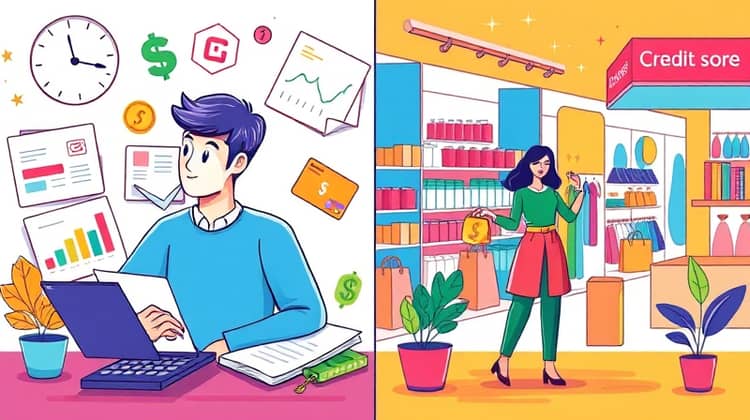
When deciding between a personal loan and a credit card, it is essential to evaluate your individual financial situation and needs.
- Purpose of the loan (e.g., large purchases vs. everyday spending)
- Your credit score and its impact on interest rates offered
- The amount you need to borrow
- Your ability to repay the borrowed amount over time, including interest rates
- Your preference for flexible payments or fixed installments.
Considering these factors will help guide you in making an informed decision that aligns with your financial goals.
Conclusion
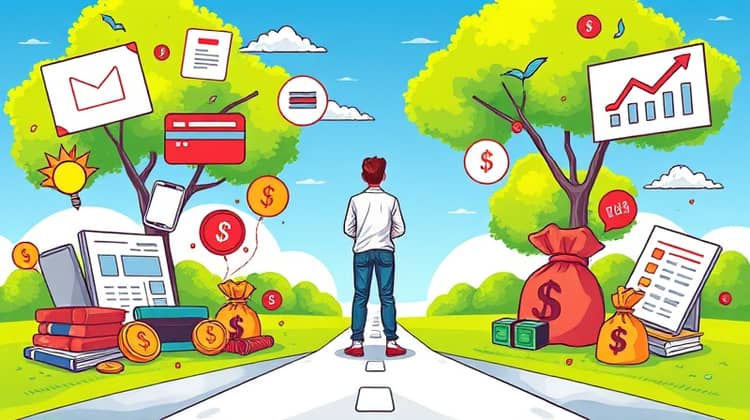
Navigating the world of personal loans and credit cards can be daunting, yet understanding their characteristics, pros and cons can simplify the decision-making process.
Ultimately, the right choice hinges on your specific financial needs and circumstances. It's essential to compare options, read the fine print, and choose a borrowing method that aligns with your budget and financial goals.





